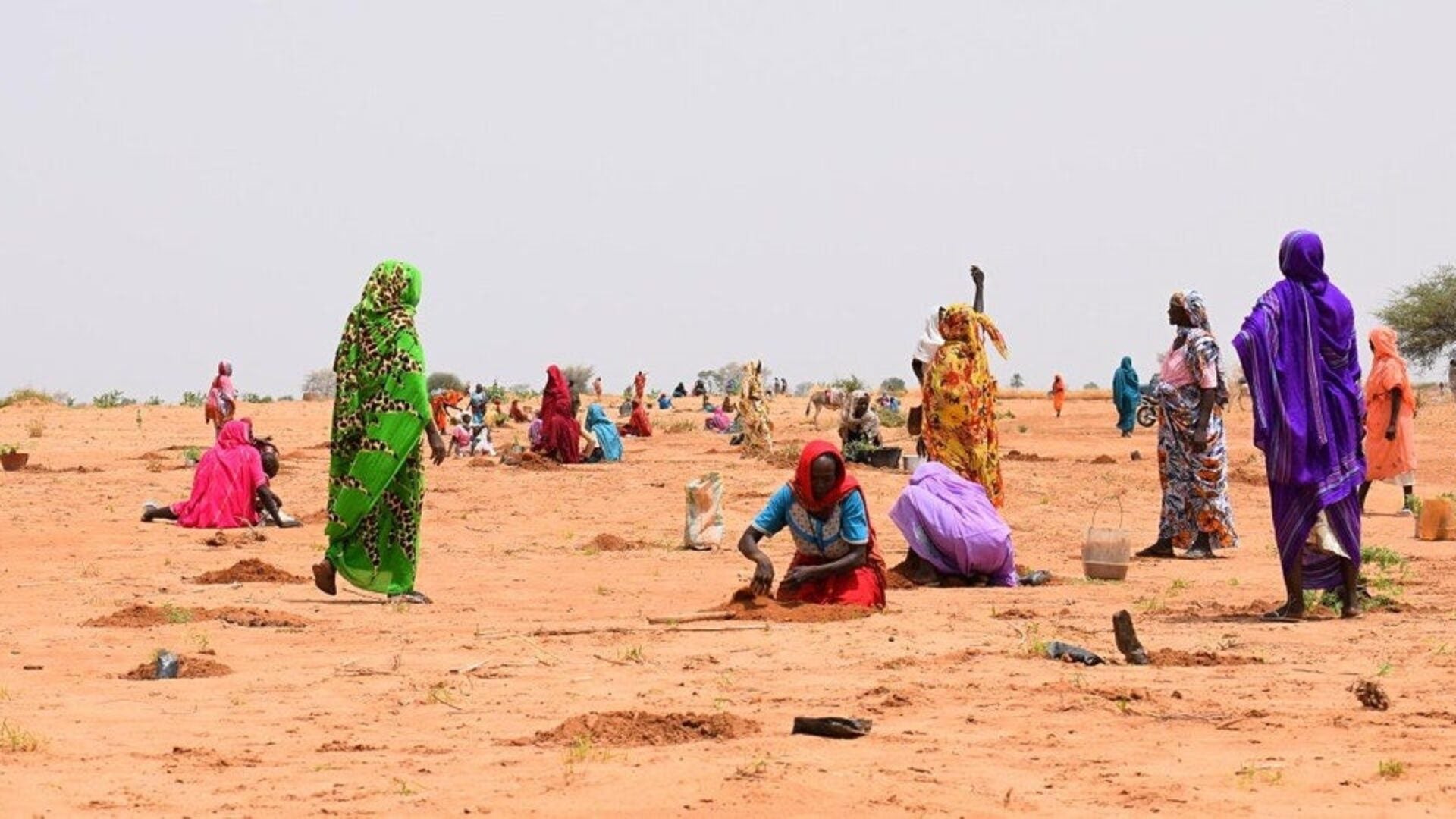Gender, Climate & Security

Summary
GIWPS Research Fellow Molly Kellogg authored a chapter in this UN report on “The role of women in addressing urban climate-fragility risks through local governance in Freetown, Sierra Leone” drawing on her GIWPS research study on this topic.
This report, published by UN Environment Programme (UNEP), UN Women, the UN Development Programme (UNDP), and the UN Department of Political and Peacebuilding Affairs (UNDPPA), reveals the close links between gender, climate, and security, and shows that women on the frontlines of climate action are playing a vital role in conflict prevention and sustainable, inclusive peace.
Climate change – the ultimate “threat multiplier” – is a defining threat to peace and security in the 21st century. Its impacts have already increased the insecurity of vulnerable communities in several regions across the globe, exacerbating loss of livelihoods, food insecurity, competition over scarce resources, human mobility and political and economic instability.
In fragile and conflict-affected settings where governance is limited or ineffective, the consequences of climate change can interact with other political, social, and economic stresses to compound existing tensions, which can undermine development gains, escalate into violence or disrupt fragile peace processes. In turn, violent conflict and political instability leave communities poorer, less resilient, and ill-equipped to cope with the effects of climate change.
Women and girls are facing disproportionate economic burdens due to different types of marginalization; gendered expectations can lead men and women to resort to violence when traditional livelihoods fail; and important socio-economic shifts can result from changes to patterns of migration.
Research supporting the report shows that in Chad, gender-based violence and structural inequality limit the capacity of communities to adapt to climate shocks. In Sudan, the growing scarcity of fertile land caused by extended droughts and rainfall fluctuation is marked by increases in local conflict between farmers and nomadic groups. Many people –mostly men– have migrated away from local villages in search of alternative livelihoods in large agricultural schemes or in nearby mines, leaving women with greater economic burdens. Other examples highlight climate-related security risks for women in urban areas, especially within informal settlements. Research from Pakistan and Sierra Leone suggest that water shortages, heat waves, and extreme weather events can create new risks of gender-based violence and deepen pervasive inequalities.
The report makes clear the urgent need for gender-responsive action to tackle these linked crises. Interventions around natural resources, the environment and climate change, for example, provide significant opportunities for women’s political and economic leadership, and strengthen their contributions to peace. Sustainable natural resource programming also offers opportunities to mitigate sexual and gender-based violence in conflict. Recognizing that peace and security, human rights, and development are interdependent is vital to forge a better future.
Explore More

Women, Peace, and Security Shadow Report to Congress: What Was Built, What…

WPS Index 2025/26
